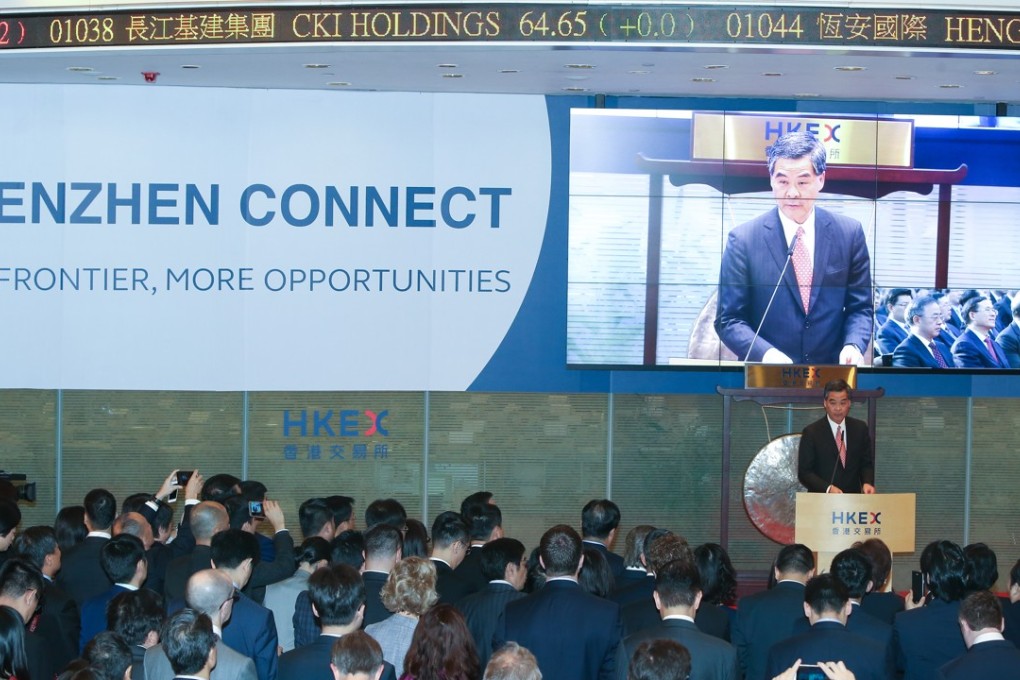Stock, Bond Connects switching costs could be high, warns Standard Chartered
Study shows 38pc of investors already invested in China, say they are likely to continue using the QFII and RQFII channels already in place for future investments

China may well be opening up its capital markets through a series of investment channels to buy mainland stocks and bonds, but a new report from Standard Chartered suggests some existing overseas investors are wary of using the new mechanisms in the early stages with cost proving a considerable hurdle.
According to Barnaby Nelson, Greater China and North Asia head at Standard Chartered Bank, 30.8 per cent of investors who are already invested in China say they are likely to continue using the QFII and RQFII channels already in place for future investments while 22.3 per cent will use the Stock Connect trading links.
With the introduction of Shenzhen Connect, 61.1 per cent of respondents said they will keep their investment activity in Chinese A-shares and 38.9 per cent said they will increase their activity, while 27.4 per cent expected to use the Bond Connect when it is available.
Nelson said legal, compliance, operational, and management costs are likely to be incurred on investors who already own Chinese bonds, because they would have to reduce their holdings to zero and then re-buy those positions using the new channels.
The users of the Stock Connect programmes have to stick to a daily quota, and consequently when that buying limit is reached, they will be then be forced to turn to QFII and RQFII mechanisms to add more investments if they require, Nelson said.
Just because you are now allowed to access new schemes, it doesn’t mean people will use them. People will not migrate away from the old QFII, schemes unless there is a easy way to do so
The Qualified Foreign Institutional Investor program (QFII), launched a decade ago, was one of China’s first efforts to liberalise cross-border flows and aimed at internationalising the yuan.
